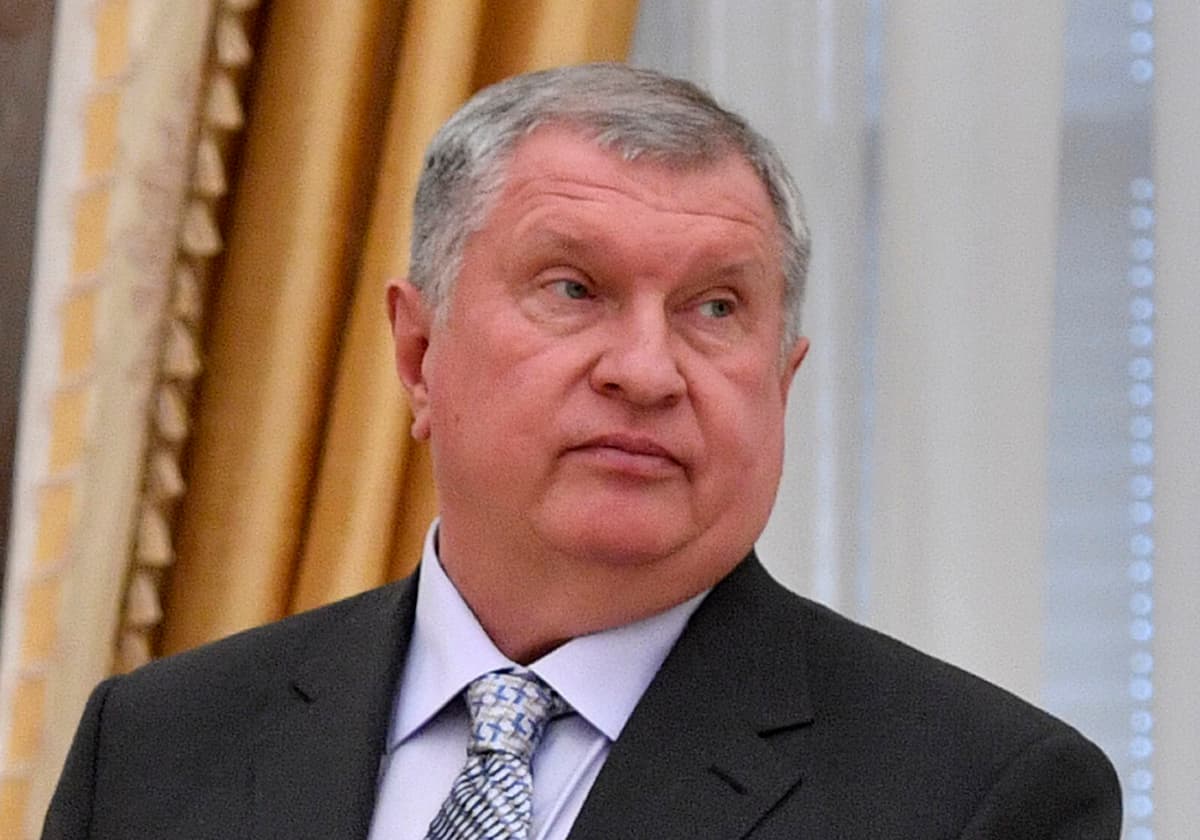For state-controlled Rosneft, which accounts for more than a third of Russia's total oil production, the net profit for the first half of the year fell to 245 billion rubles (equivalent to 28 billion kronor).
This is 68 percent lower profit than during the corresponding period in 2024.
Global overproduction
According to Rosneft's CEO Igor Setchin, it is primarily an effect of the downward pressure on oil prices due to global overproduction.
Lukoil, number two in terms of Russian oil production, and Gazprom Neft – a part of the gas giant Gazprom – both recently reported a significant halving of profit during the first half of the year. For the smaller Russian oil producer Tatneft, the profit decline was 62 percent.
An unexpectedly rapid increase in oil production among the so-called Opec-plus countries – where Saudi Arabia and Russia are the largest countries – is behind the increased production. At the same time, demand has been dampened by global economic uncertainty in the shadow of the Trump administration's trade war against the rest of the world and uncertain prospects for major economies such as China and Germany.
Ruble up
The benchmark for the export price of Russian oil fell during the first half of the year to an average of 58 dollars per barrel – down by about 13 percent compared to a year earlier, according to Bloomberg's calculations.
At the same time, the Russian ruble has strengthened by nearly 23 percent against the US dollar during the period, which means that Russian oil companies receive fewer rubles for their oil on the world market.






